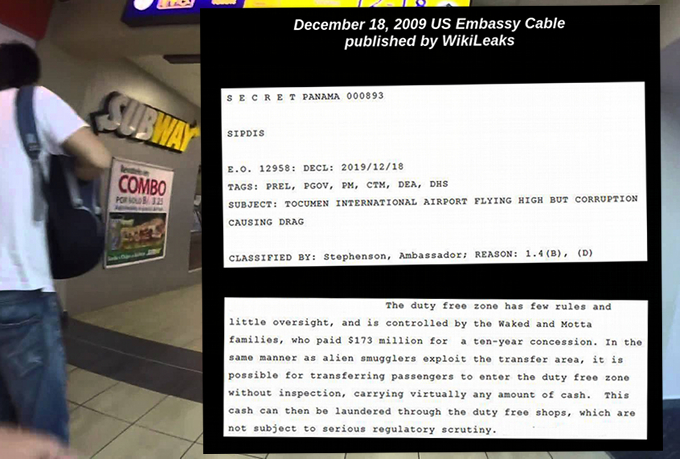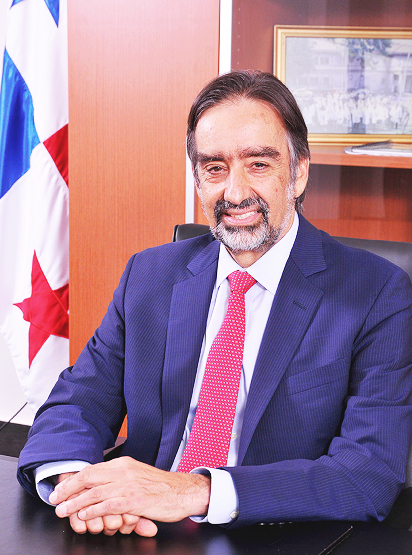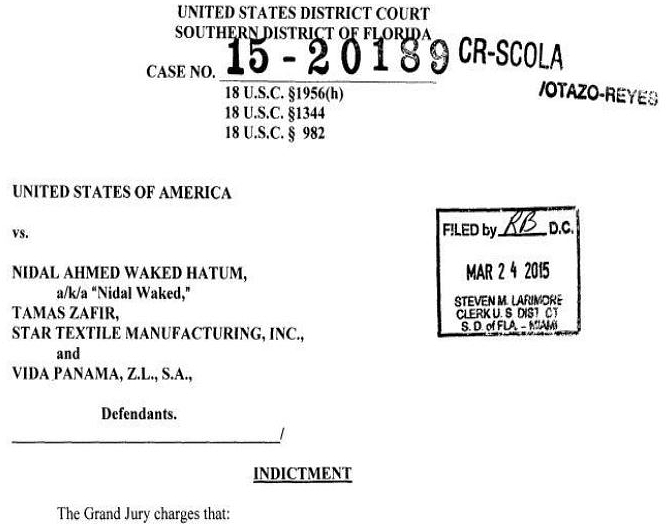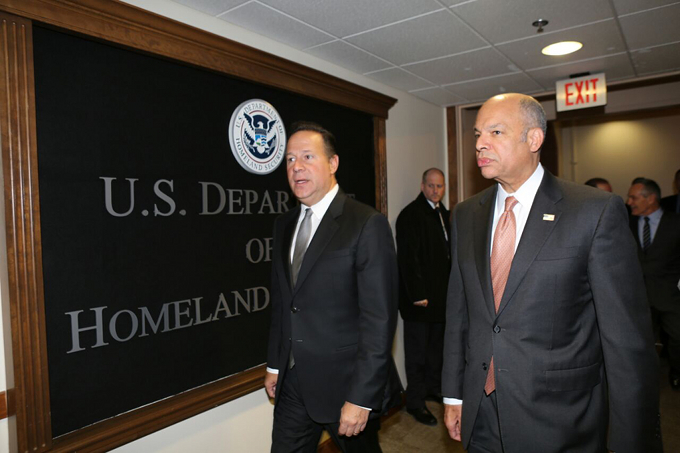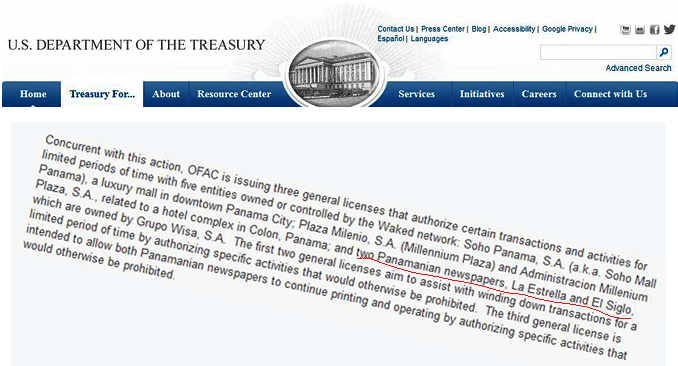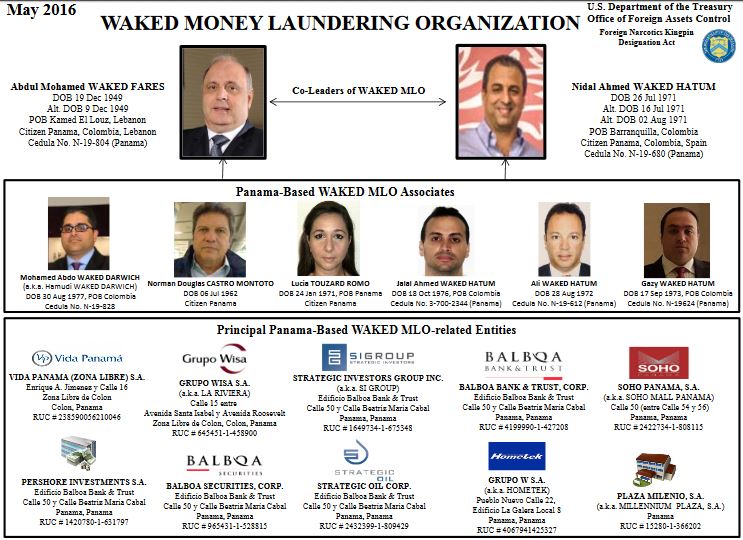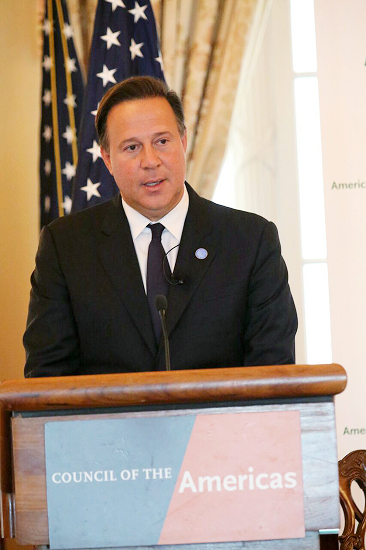 Entre el delito y la impunidad, se hunde la Universidad
Entre el delito y la impunidad, se hunde la Universidad
por el Movimiento de Adecentamiento de la Universidad de Panamá (MOVADUP)
Antecedentes
Desde hace más de año y medio, una pluralidad de panameños de distintas dedicaciones y profesiones, así como de diversas partes de la geografía nacional, han unido sus esfuerzos, sin ningún otro interés ulterior que no fuera luchar por el adecentamiento y rescate de la universidad del pueblo, la Universidad de Panamá, de una administración que la ha convertido en todo, menos en un centro de educación superior, al servicio del pueblo panameño y como Octavio Méndez Pereira la proyectara: conciencia crítica de la nación.
Hechos
Los tres últimos años han constituido un fiel registro de lo que ha sido y ha venido siendo la utilización de la Primera Casa de Estudios, no para el engrandecimiento del país, sino para la realización de los actos más sórdidos de corrupción.
El desempeño de una Administración presidida por el señor Gustavo García de Paredes durante los últimos veinte años ha sido objeto de señalamientos críticos desde un inicio por parte de profesores como Miguel Antonio Bernal, Federico Ardila, Jaime Turner, Ada Villareal y otros no docentes como Luis Chen González, de la Federación de Asociaciones de Profesionales de Panamá; y ha llevado a la comisión de actos de acoso, persecución y destituciones contra los miembros de los distintos estamentos que con valentía levantaron sus voces críticas, apelando a la conciencia del pueblo panameño, de forma que mirara hacia lo que estaba sucediendo a lo interno de la Universidad.
Ciertamente, y no como reproche, las distintas organizaciones de la sociedad panameña, desde los grupos empresariales, obreros y campesinos, jóvenes y no jóvenes, hicieron ciegas miradas, oídos sordos y mudas expresiones al clamor de honorables docentes y ciudadanos que, conscientes de la realidad, clamaban como una voz en el desierto.
Hoy es claro que aquellas denuncias han encontrado caja de resonancia en la constitución del Movimiento de Adecentamiento de la Universidad de Panamá (MOVADUP), al llevar a cabo una radiografía de las múltiples denuncias y exigir, ante las respectivas autoridades, el cumplimiento de los mandatos constitucionales y legales que los obligan a velar por el desempeño correcto, transparente y ético de la administración pública, en particular la referente a la educación superior, en la Casa de Méndez Pereira.
Acciones
La sistemática persecución sostenida contra el profesor Miguel Antonio Bernal, por años, se extendió a otros miembros del cuerpo docente y administrativo, tal como el caso de la profesora Anayansi Turner Yau, Defensora de los Universitarios, y el diseñador gráfico Ricaurte Paz, quienes fueron sometidos a nuevos procesos disciplinarios por denunciar los actos de corrupción, abuso de autoridad, uso indebido de los bienes y patrimonio de la institución, así como la aprobación de reglamentos dirigidos a seguir hostigando tanto a docentes, estudiantes y administrativos, tal como ha sido el reciente caso de las reformas al Reglamento de Carrera Administrativa.
Los despachos del Ministerio Público, Contraloría General de la República, Procuraduría de la Administración, la Autoridad de Transparencia o Contra la Corrupción (hoy ANTAI), Defensoría del Pueblo y muchas otras dependencias, como el Órgano Judicial, se encuentran repletos de quejas, denuncias y demandas, en las que se expusieron, con pruebas, cada una de las acciones de corrupción, abuso de autoridad y uso indebido del patrimonio universitario. Sin embargo, nuestra sociedad es fiel testigo de la inactividad, desidia y poco me importa de los regentes de dichas instituciones, al igual que de la conducta muda y ciega que expresa el inquilino del Ejecutivo, en quien ha encontrado refugio el señor Gustavo García de Paredes para seguir en su acción de corrupción.
Medios de comunicación
Una luz al final de túnel han constituido los medios de comunicación, entre los que destaca La Estrella de Panamá y La Prensa; los cuales, mediante reportajes, entrevistas e investigaciones, han develado la horrible trama por la que atraviesa hoy la Primera Casa de Estudios, la Universidad de Panamá, poniendo a flote toda una serie de acciones de la actual administración de Gustavo García de Paredes que coinciden de manera impresionantemente exacta con las distintas figuras delictivas descritas en nuestro Código Penal Patrio.
Procesos disciplinarios que constituyen claras acciones de violación de los derechos humanos; nombramientos de personas como profesores, incluso regulares, sin haber cumplido los requisitos (caso del señor Adrián Cuevas, en Derecho, el diputado Rubén Frías, ex líderes estudiantiles, y otros tantos más); el nombramiento de múltiples personas en la administración con jugosos salarios, familiares de políticos y diputados, a costa del presupuesto universitario; el manejo de la contratación pública con coimas y designaciones directas en las compras; las construcciones y obras de mantenimiento sobrevaluadas y con adendas escandalosas aprobadas por la Contraloría; el arrendamiento y venta de las tierras y el patrimonio de la Universidad, a centavos por metro cuadrado, a grupos económicos de amigos personales (caso de las empresas Parque Sur y otras) y del “círculo cero” del expresidente Ricardo Martinelli (Btesh, Virzi et al, ver las investigaciones del diario La Prensa); el uso de los fondos a través de la Fundación Universidad de Panamá, son solo algunas de las tantas acciones que se han realizado contra uno de los bienes más preciados de la nación panameña, como lo es su Universidad.
De no haber sido por los medios de comunicación y el papel objetivo que han llevado a cabo, hoy el pueblo panameño no habría tenido conocimiento de los negocios millonarios que se han realizado con el patrimonio de la Universidad de Panamá, beneficiando a amigos y en provecho propio.
El mudo papel del Ministerio Público y de la Contraloría General de la República ante todas estas acciones de corrupción, tiene una sola explicación: el silencio cómplice impuesto por el beneficio compartido de políticos (tanto de “izquierda” como de derecha), diputados, ministros, alcaldes, representantes, empresarios y testaferros que obstaculizan e impiden, a través de llamadas y tráfico de influencias, el desarrollo de las investigaciones, para hacer prescribir las denuncias presentadas.
Tanto en el Ministerio Público como en la Contraloría General de la República existen denuncias que llevan dos años de estar investigándose y no han pasado ni siquiera de la admisión en algunos casos, cuando en otros se han cerrado a espaldas de los denunciantes, sin haberse permitido dar seguimiento ciudadano.
Tal es el caso de la Contraloría, donde existen auditorías intencionalmente estancadas, así como la presentada por el señor Ricaurte Paz contra los señores Luis Palacios y Damián Espino, que se encuentran en manos del señor Jaime Vigil Selles, supuesto pariente de la profesora Aida Selles de Palacios, directora del Instituto de Criminología, entidad vinculada a la FUDEP en la lesión patrimonial por cerca de medio millón de dólares.
Igualmente, es un hecho destacable que en el único informe escuálido que ha presentado, la Contraloría tuvo el cuidado de no mencionar a Gustavo García de Paredes, pese a que este ha sido la persona que dio las órdenes para cometer la lesión patrimonial, tal como lo evidenció la periodista-investigadora Mary Triny Zea en su publicación del diario La Prensa, “El rector de la pluma mágica” (La Prensa de 3 de julio de 2015) en la que se demuestra claramente la orden delictiva y de intencional acción de peculado. Es claro que la Contraloría empeñó todas sus fuerzas con tal de no mencionar a Gustavo García de Paredes, lo que constituye una clara muestra de promoción de la impunidad.
Las denuncias en el Ministerio Público duermen todas el sueño eterno esperando que prescriban las delictivas conductas cometidas por el señor Gustavo García de Paredes, gracias a la red de tráfico de influencias que ha logrado tejer con el erario universitario.
No puede ser que los medios de comunicación, con exiguos presupuestos para la investigación, hayan podido develar en corto tiempo todas las acciones delictivas del rector de la Universidad, y no lo hayan podido hacer las instituciones de vigilancia y control. Eso solo tiene un nombre: complicidad, que tiene por propósito alentar la impunidad.
A ello agregamos el papel de algunas personas y opacos comentaristas que, considerándose detentadores de la verdad, sufren de una rara alucinación de creerse dueños de las aguas del río Jordán, en las que pueden bañar a cualquiera y devolverles la reputación.
Defensoría del Pueblo
La Defensoría del Pueblo debe cumplir su papel e iniciar una investigación de inmediato sobre los hechos denunciados que constituyen violaciones graves a los derechos humanos de los universitarios y de nuestro pueblo en general, pues afectar el patrimonio de la UP significa poner en riesgo la educación actual y futura de la juventud panameña.
MOVADUP
La responsabilidad histórica que ha recaído sobre los miembros de este Movimiento ha sido asumida con la valentía, decencia y energía suficiente para señalarle a la Administración Universitaria que no daremos cuartel en nuestra lucha por expulsar del Templo del Saber a mediocres, advenedizos y corruptos.
A las autoridades del Ministerio Público y de la Contraloría General de la República les manifestamos nuestro compromiso de someterlos a la máxima presión ciudadana. En los próximos días procederemos a presentar las denuncias penales correspondientes por la afectación del patrimonio universitario en las transacciones realizadas con las tierras de la Universidad.
A la Defensoría del Pueblo le señalamos que estaremos vigilantes de su comportamiento frente a los hechos denunciados. De no obtener justicia, procederemos a presentar la acciones respectivas frente a las jurisdicciones internacionales de derechos humanos.
Al pueblo panameño, verdadero y único soberano de la Universidad de Panamá, lo animamos a participar activamente en rescatar SU universidad. Cuanto más ha crecido la conciencia de su poder indiscutible, tanto más han retrocedido los enemigos de la Casa de Méndez Pereira, al punto de que su rector ahora no puede reelegirse y se han visto reducidos a realizar acciones pérfidas e indignas para tratar de aferrarse al poder. Pero la complicidad de poderosos elementos de las instancias estatales solo podrá ser superada por la decisiva participación de la ciudadanía. Solo a ella pueden y podrán atribuírsele todos los avances y triunfos contra el delito, la impunidad y la sevicia que reinan en la Universidad de Panamá.
~ ~ ~
Estos anuncios son interactivos. Toque en ellos para seguir a las páginas de web












